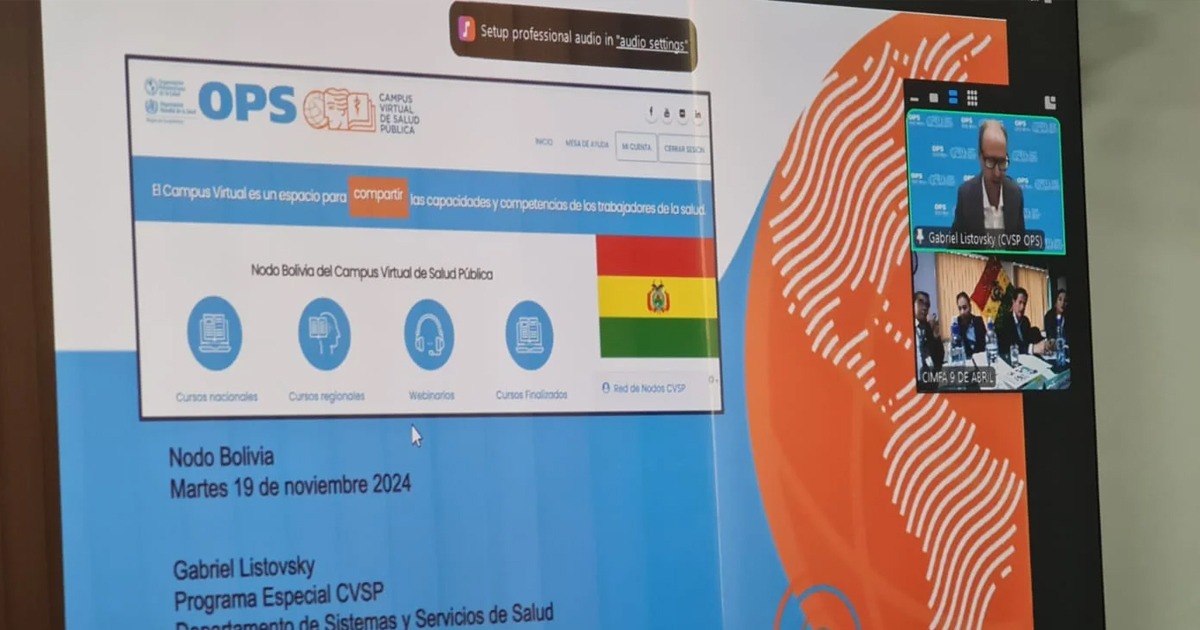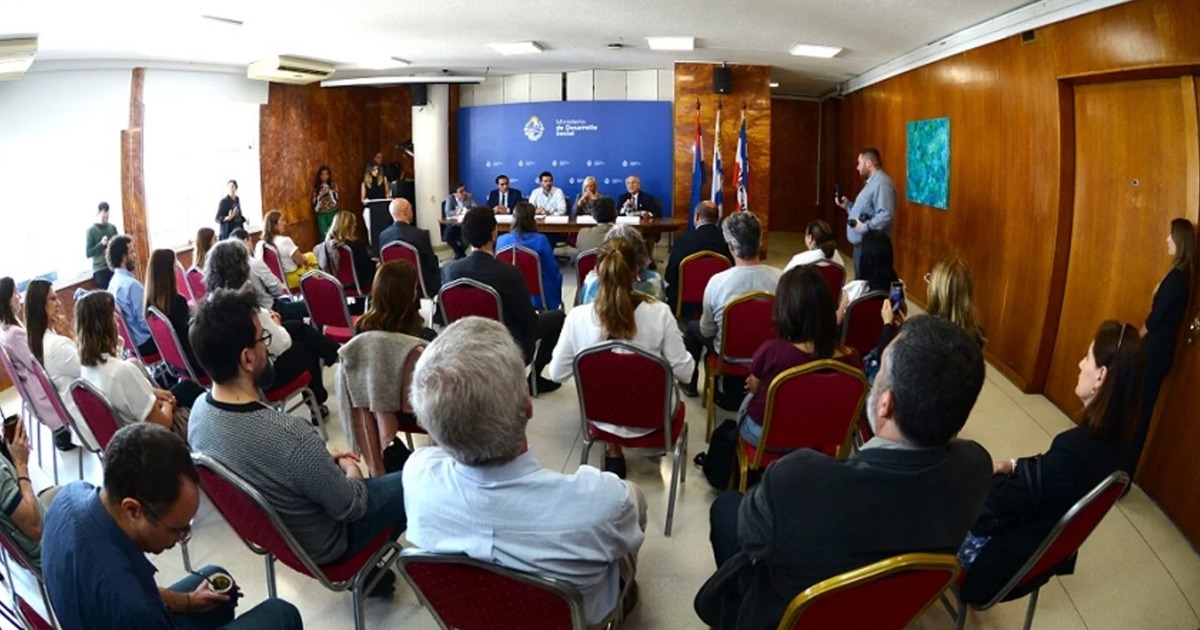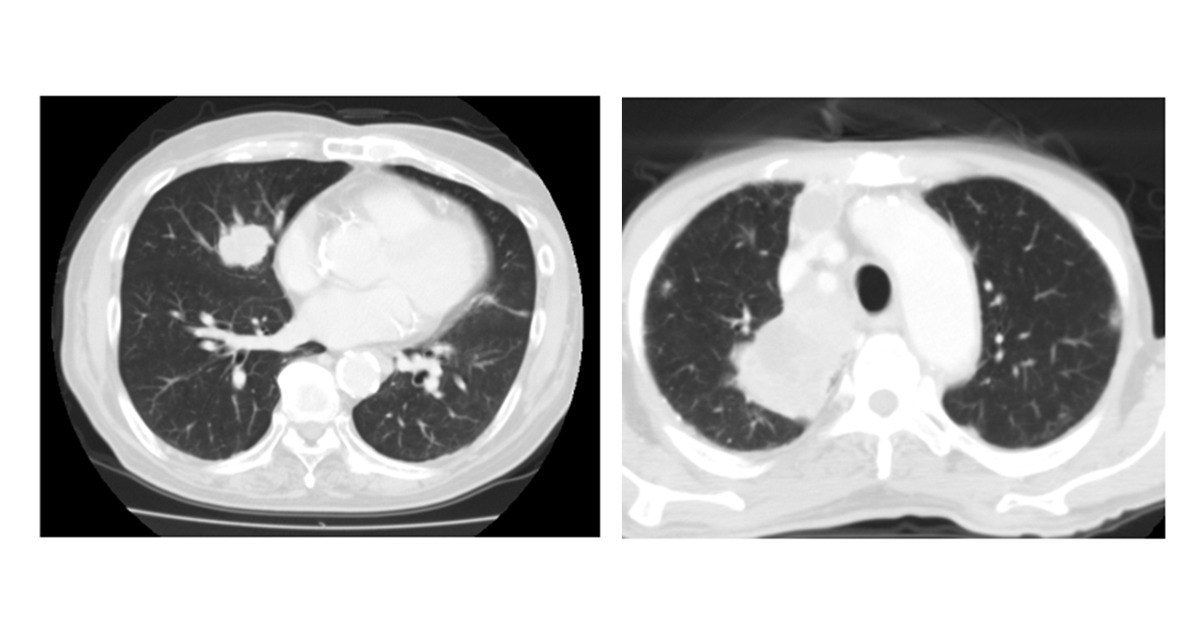The Colombian Ministry of Health and Social Protection (MinSalud) presented the roadmap for the Digital Transformation and Interoperability Agenda 2022-2031.
The Colombian government has decided to take a step forward in the necessary process of digital transformation of state services, the digitalization of health services, in which the health sector plays a strategic role. For this reason, the Ministry of Health has developed and implemented a digital transformation agenda, which seeks to positively impact the quality of life of citizens through the application of various technologies such as Artificial Intelligence (AI), big data, data analytics, interoperability , among other.
The plans for the digital transformation of the health sector contemplate including all health service providers, public and private. In this way, for example, the interoperability of electronic medical records will be promoted.
The presentation event of the Agenda for Digital Transformation and Interoperability of the Health Sector, was held at the Javeriana University and in addition to the participation of the Ministry of Health, the Minister of Information Technologies (MinTIC) and Communications, Carmen Ligia, was present. Valderrama Rojas.
In her speech, the minister stressed that digital policy must be a priority for the governments of Latin America, not only in the health sector. Regarding the health sector, he explained that, on issues of interoperability, the ICT Ministry is working with public hospitals that are part of for the articulation of information and the standardization of processes.
He also explained that the government's digitization processes are based on three main axes: Interoperability, for the exchange of data between institutions, digital authentication, for greater security and privacy in sensitive data; and a digital citizen folder that gathers the citizen's information so that they can easily consult it. Aspects that will streamline medical care and reduce bureaucracy for access to health.
On the other hand, in his speech, Dr. Fernando Ruiz Gómez, Minister of Health, recognized the challenges in the transformation of health from the digital and described it as one of the most relevant in the Colombian health system.
The minister identified the main topics of Digital Health today: Big data, AI, robotics, genomics and digital platforms. Likewise, he recognized the management of Digital Health tools in Colombia during the pandemic, such as applications and web platforms for vaccination and certificates, as well as genomic surveillance, telehealth services and telemonitoring, among others.
In this sense, he explained the objective of the Digital Health Policy in the Agenda: “Orient the system towards comprehensiveness in the care process and provide quality health services, without accessibility limitations to patients and their community as the center of the system”.
In the same way, he explained the components of the Digital Health Governance and the participation of industry, academia, private institutions, and multilateral organizations in the use of health information.

“Health information is not only useful for the clinical act, it is useful for the construction and consolidation of systems and risk management models for the consolidation of information that is relevant for decision-making in the academy in the industry in different agents. of the private sector and in the organizations themselves that are not necessarily health but that must interact”, he commented.
The Digital Health information system should not be seen only as the central core, but as the piece that consolidates the entire ecosystem.
Finally, the 2022-2031 Digital Health roadmap is made up of a series of plans, actions, and policies that will promote various aspects of digital transformation:
- Electronic Health Record Interoperability Adoption Plan
- Health Data Analytics Unit
- Strengthening of the Digital Ministry of Health and RIAS
- Online certificates (COVID-19, tests)
- Health Contracts Portal
- Integration of social security information systems
- Integrated Financial Information Subsystem
- Digital Health Policy, through the Digital Health Roadmap 2021-2031, Public Health 2022-2031 and Digital Health in Health Security 2022-2026
The next steps for the consolidation of the digital transformation and interoperability strategy are to strengthen the offer of services and installed capacity for telehealth and telemedicine; updating of telehealth regulation 2964 and the design and implementation of policy instruments that implement Digital Health (the three policies mentioned in the previous list).
Check the broadcast of the event in the following link:





